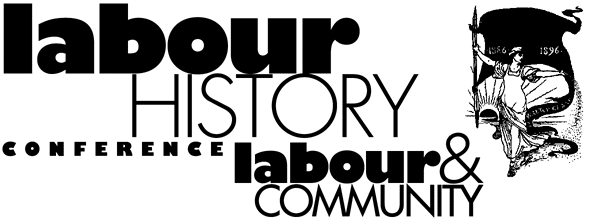Start Date
2-10-1999 11:00 AM
End Date
2-10-1999 11:30 AM
Description
Colin Warrington lived through the Depression period. He remembers: If someone was worse off than another family you would go and help them. You'd look after each other .... Everybody looked after each other. , ., For many working-class people, like Colin, helping people 'in bad circumstances' is an aspect of working-class life that they celebrate. It forms part of working-class collective memory. Anne O'Brien notes, in her study of the NSW poor, how help from the 'commun.ity - whether extended family, friends or neighbours' was a practIce endorsed because people recognised 'such a lot could easily be theirs'.2 Working-class people were reliant on each other for their survival and this fostered a culture of mutual help and assistance.
'You didn't admit you were hard Up': Working-class Notions of Moral Community
Colin Warrington lived through the Depression period. He remembers: If someone was worse off than another family you would go and help them. You'd look after each other .... Everybody looked after each other. , ., For many working-class people, like Colin, helping people 'in bad circumstances' is an aspect of working-class life that they celebrate. It forms part of working-class collective memory. Anne O'Brien notes, in her study of the NSW poor, how help from the 'commun.ity - whether extended family, friends or neighbours' was a practIce endorsed because people recognised 'such a lot could easily be theirs'.2 Working-class people were reliant on each other for their survival and this fostered a culture of mutual help and assistance.


